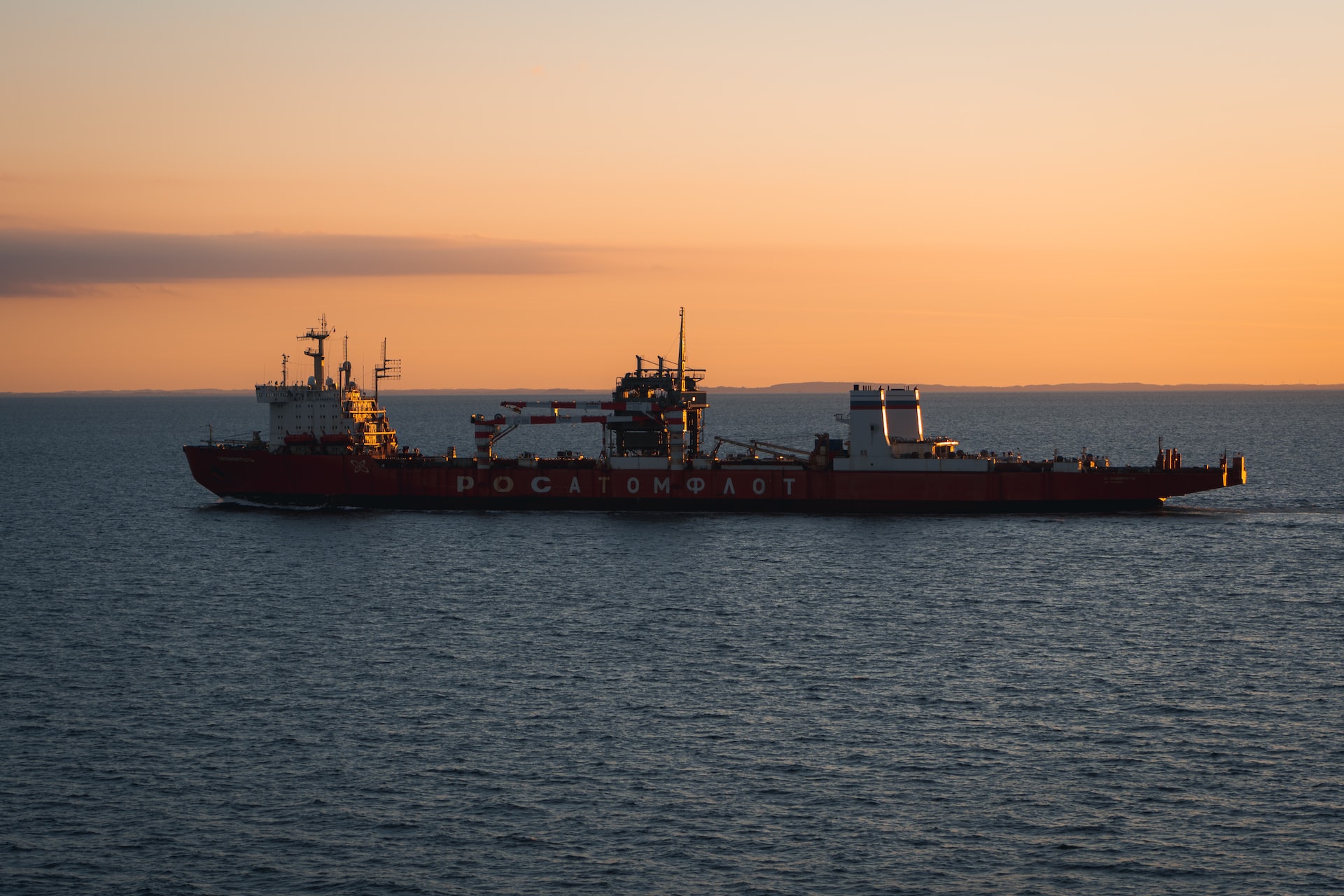Western insurances favor Russian oil

Western companies continue to provide insurance services to tankers carrying Russian crude, but the price cap and the war in Ukraine make it more difficult to cover the ships. All the details
In December, Western insurance companies offered coverage to ships carrying cargoes of Russian crude oil bound for India, China and Turkey.
THE ISSUE OF RUSSIAN OIL INSURANCE
According to an analysis by the Financial Times , since last December 5 – the day on which the ceiling on the price of Russian oil at 60 dollars a barrel , imposed by the G7, the European Union and Australia came into force – around one a quarter of Russian crude oil shipments by sea were insured by Western companies, the most important on the market.
The price cap provides that tankers carrying Russian crude can access Western insurance and brokerage services only if the cargo has been purchased at a price not exceeding 60 dollars a barrel; otherwise, the insurance coverage of the boats – essential for maritime transport – is prohibited.
MOSCOW'S RESPONSE TO THE PRICE CAP
Russia has repeatedly said it is ready to block oil supplies to those who apply the price cap . On Tuesday, President Vladimir Putin signed a decree banning the sale of Russian crude oil and derivatives through contracts that "directly or indirectly imply a price cap mechanism".
The decree will come into effect on 1 February 2023 and will remain in force for at least five months. The Kremlin, however, has already defined special exemptions for some buyers who should nevertheless decide to respect the price cap : this is a formal clause aimed at guaranteeing the continuation of trade with China and India, which beginning of the invasion of Ukraine are purchasing large quantities of Russian oil.
THE CONSEQUENCES
The G7 ceiling, however, has yet to have a real impact for Russia, as its main crude variety – the Urals – already sells for less than $60 a barrel. Compared to Brent, the international oil reference whose value currently stands at 85 dollars, the Urals trades at 20-30 dollars less.
However, Russian Finance Minister Anton Siluanov said falling oil revenues due to price caps and large military spending on Ukraine's war could have the effect of widening the 2023 budget deficit, set at 2 percent of GDP.
AT LEAST 18 LOADS INSURED
At least eighteen cargoes of Russian crude were transported by tankers covered by Western insurance services from December 5 to 25, according to the Financial Times , which analyzed the Kpler data: that is about a quarter of the sixty-three vessels tracked by Kpler.
At least nine of those boats headed for India; another six in China and one in Turkey, all insured by Western companies.
Four tankers loaded with Russian barrels, and covered by Western insurance, were also destined for Bulgaria. The country is exempt from the ban on the purchase of oil from Russia imposed by the European Union until the end of 2024 due to its situation of particular dependence on Moscow: in fact, without Russian crude, Bulgarian refineries cannot work.
RUSSIAN OIL EXPORTS IN DECEMBER
In the first three weeks of December, Russia exported about 50 million barrels of crude oil by sea, a decrease compared to the volumes (67 million barrels) of the first three weeks of November.
Kpler analyst Matthew Wright explained to the Financial Times that the drop is due "to the decrease in exports from eastern Siberia due to weather conditions and the increase in refining activity in Russia, which has taken away crude oil from exports".
THE PRICE CAP COMPLICATES THE INSURANCE SERVICES
The G7 price cap does not prevent Western companies from insuring tankers carrying Russian cargoes, provided that the purchase price of the barrels is less than 60 dollars (and, as we have seen, this was already the case for the Urals), but the however making it more difficult for shippers to access these services.
Some insurers, such as The American Club, have said their reinsurers intend to limit exposure to the conflict in Ukraine, fearing future sanctions or complications, and therefore do not want to renew some covers expiring on January 1.
The same is happening on the London market: renewals due by the end of the year are now very close to the deadline , but among reinsurers there is little propensity to extend insurance against war risks, for example.
THE IMPACT ON KAZAKH OIL
This reluctance of insurers could make it more difficult to transport not only Russian but also Kazakh oil by sea. The Caspian Pipeline Consortium, in fact, moves crude oil from fields in landlocked Kazakhstan to the port of Novorossijsk, in Russia. From here the oil is loaded onto ships and moved across the Black Sea.
Since Dec. 5, Kpler data reveals that the Caspian Pipeline Consortium terminal has handled thirty-eight vessels, all covered by Western insurers.
This is a machine translation from Italian language of a post published on Start Magazine at the URL https://www.startmag.it/energia/price-cap-assicurazione-trasporto-nave-petrolio-russo/ on Thu, 29 Dec 2022 09:37:05 +0000.
